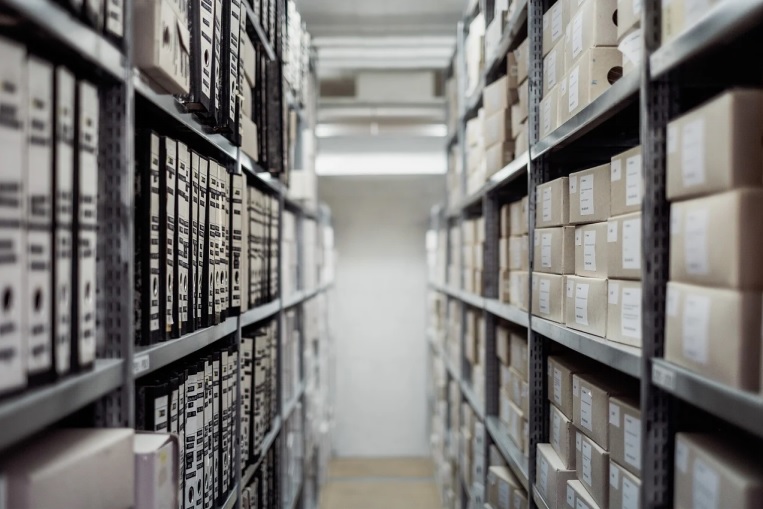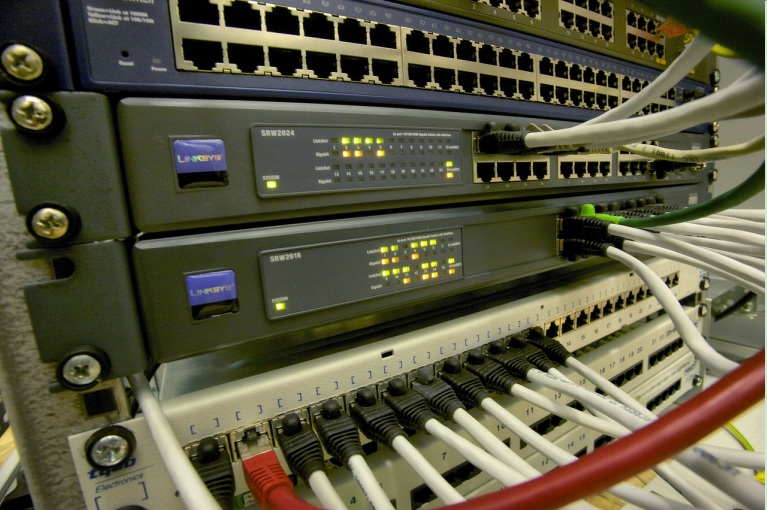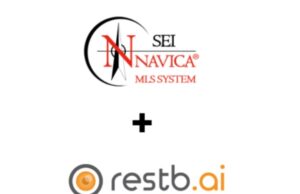
If you’re looking for a secure and convenient way to store your business’s files and records, there are many different options available. Listed below are three of the most popular options. Self, Offline media, and Direct-attached.
Self
Whether it’s due to staff expansion or an increased scope of operations, a company needs additional space. While it’s never the goal to grow too large, having too little space can be a hindrance. Small businesses may need additional commercial storage space for a variety of reasons and self-storage units offer the benefits of extra space without the commitment of a long-term lease. Here are some advantages of storehouses for your company.
As with any company, self-storage (or “storehouse”) facility ownership requires a significant amount of money to start and run. The amount of money required can vary greatly depending on location, size, and other factors. To find out how much you need to invest, consult with an experienced storehouse lender. You’ll need a credit score of at least 680 and a credit history free of recent problems.
Many lenders will require a down payment of at least 10 percent of the total cost of the property to be purchased. To qualify for these loans, you’ll need to demonstrate a company track record of at least three years. Another important consideration when investing in storehouse space is the capitalization rate. This is an important investment number, and it represents the percentage of expected cash flow that the property owner can expect to earn per square foot.
For example, a storehouse facility in a high-demand area may charge as low as 50 cents per square foot. Depending on the location and the size of the facility, the monthly rent can range anywhere from 50 cents per square foot to $4 per square foot. Lastly, consider the safety of your inventory.
According to some estimates, one in every thirty seconds a home is burglarized. Choosing the right place to store your inventory is crucial, but you also need to consider how secure it is. In many cases, storehouse facilities can offer a wide range of security services to protect your inventory and other valuables. If you are concerned about security, SPS has 24/7 video surveillance and coded gate access.
Offline Media
Offline media options are still useful for businesses. With the help of this type of media, customers can read more about a company’s products and services purchase them when the store is closed, or simply browse online. This also increases the size of the audience that a company can reach.
Offline media options can be cheap, but they do have some limitations. For example, there is no way to control who has access to the information stored in the media. Offline media can take the form of physical media such as DVDs, Blu-Ray discs, or tape drives. While many people think of tape drives, these types of media can also be optical.
Google, for example, relying on offline media to back up its Gmail service, was able to recover data quickly when the servers were down. Find more info here https://www.techtarget.com/searchdatabackup/definition/off-site-backup. Facebook is even experimenting with Blu-Ray discs and using a robotic picker to handle 10,000 discs. If you have critical data to backup, you should make two copies of it online and offline.

Direct-attached
Business storage options include both internal and external hard drives. Both types of storehouses can be used to store large amounts of data. Direct-attached storehouse is the opposite of network storehouse, which connects workstations and servers via a network. External DAS units can be expanded without additional costs. Compared to other types of storage, DAS is often more affordable and convenient.
However, DAS is not appropriate for company applications that require more flexibility or data-sharing between team members. It also limits company growth. Direct-attached storage options for company data are a viable option for small-to-medium-sized businesses. They are relatively inexpensive, and a five-terabyte external hard drive can cost less than $200.
Because they are not network-attached, they are not very shareable. If someone needs to access a file, they will have to carry the DAS device to the location. SAN or Storage Area Network is similar to direct-attached storage. The difference is that SAN can move network resources and create a unified storehouse environment.
SAN is also more expensive than typical servers, and it is best for businesses that need large-scale computing. Small-to-medium businesses may not need SAN, but it is an excellent option for larger organizations. Your decision will depend on the needs of your company and your network.
Although some storehouse industry professionals consider some types of DAS to be outdated, they are still commonly used by businesses. However, they are still considered to fall into the broad category of enterprise storehouse. This is the case with many types of small and medium-sized businesses.










